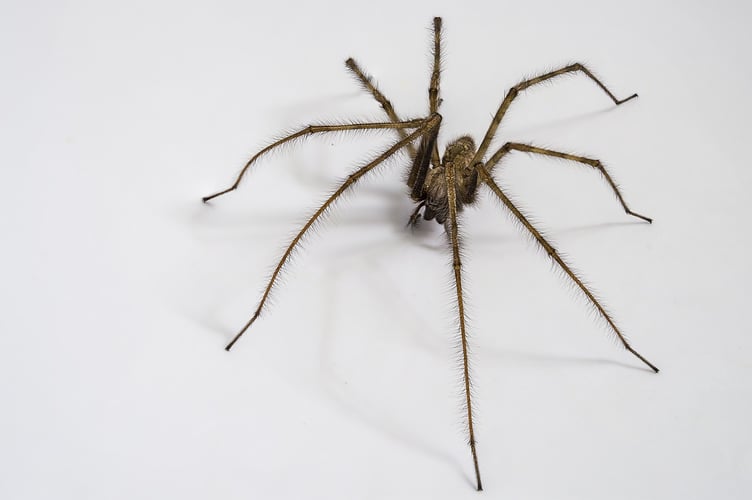Beware those that shirk at the the sight of a spider scuttling along the skirting board, as experts at British Pest Control Association (BPCA) say spiders are more likely to be seen indoors in September as they seek out dry places to breed.
Mating season for spiders begins in early autumn and lasts for less than two months, but the sight of a spider scuttling along the skirting board can be distressing for some.
John Horsley, Technical Officer at BPCA said: “Spiders, like all our native wildlife, are an important part of our eco-systems and in the autumn will be looking for somewhere dry where they can breed.
“If you don’t mind them, then feel free to leave them alone – they’re great natural pest controllers!”
If you are afraid of spiders and would rather not share your house with them, BPCA advises using a glass and stiff piece of card to capture spiders and release them outside, but householders can call in a pest professional if spiders are becoming a nuisance in the home.
John continued: “UK spider species are not considered dangerous or harmful, but in some circumstances – if you seem to have an unusually large infestation of spiders for example – we recommend seeking advice from a pest management professional such as a BPCA member.
“It rarely happens, but if you believe a spider in your house is not native to the UK and you’re concerned, you can contact the Natural History Museum or your local RSPCA shelter for advice.”
Pest professionals might physically collect spiders, use preventative measures or traps to help control spider numbers, but they will consider a range of options on a case-by-case basis.
John added: “A pest professional will have the technical knowledge and access to a number of techniques and products that will help solve the issue.
“If the sight of spiders in your home is stressing you out, we recommend getting help from a pest professional such as a BPCA member.”
A BPCA member company will have the technical knowledge and experience to apply products in an efficient manner while minimising risk to the environment and non-target species.
BPCA members:
• Carry the correct insurances
• Are trained and qualified technicians
• Are assessed to the British Standard in pest management EN 16636
• Follow BPCA’s Codes of Best Practice.
To find a BPCA member visit: bpca.org.uk/find.




